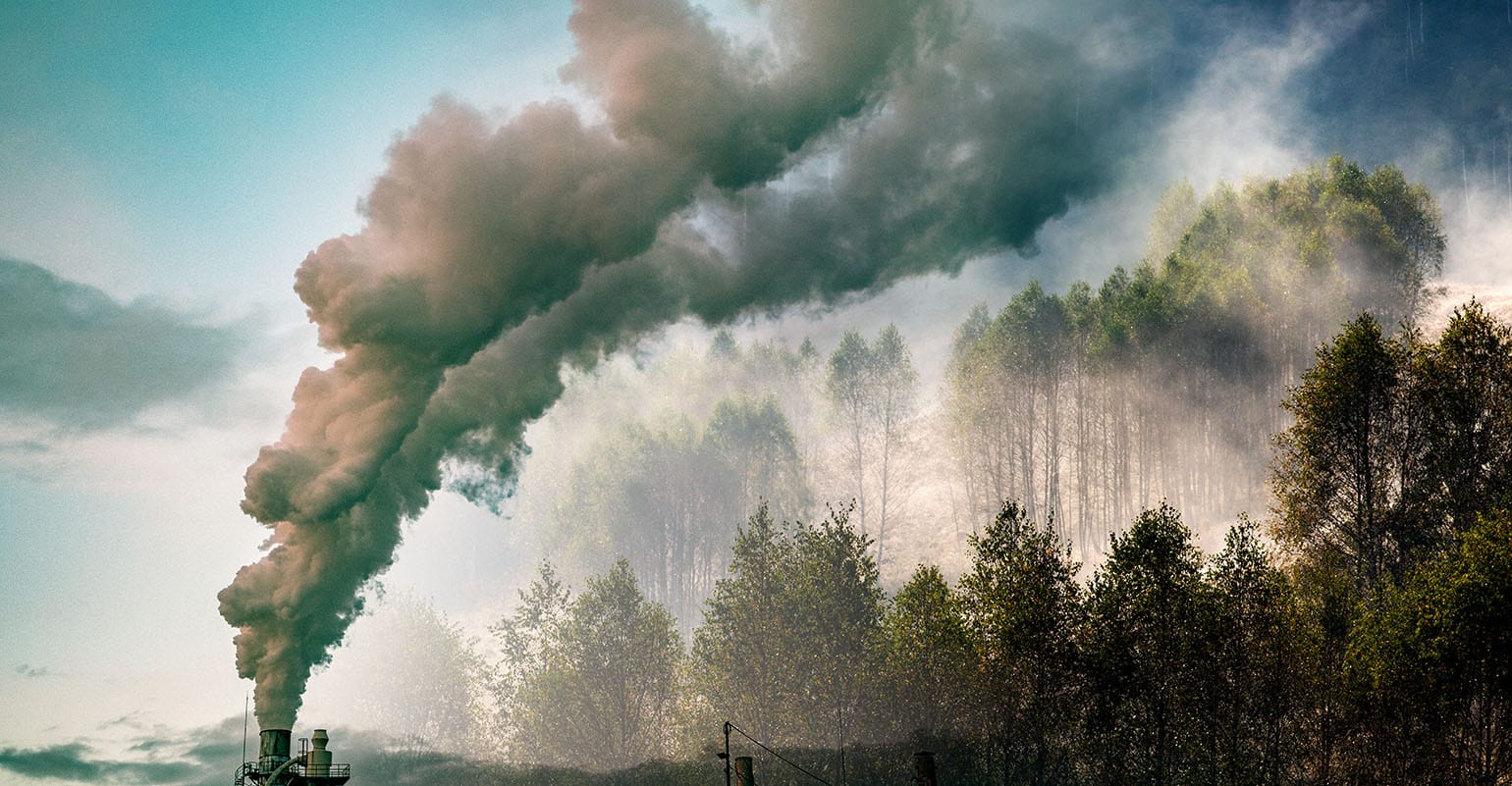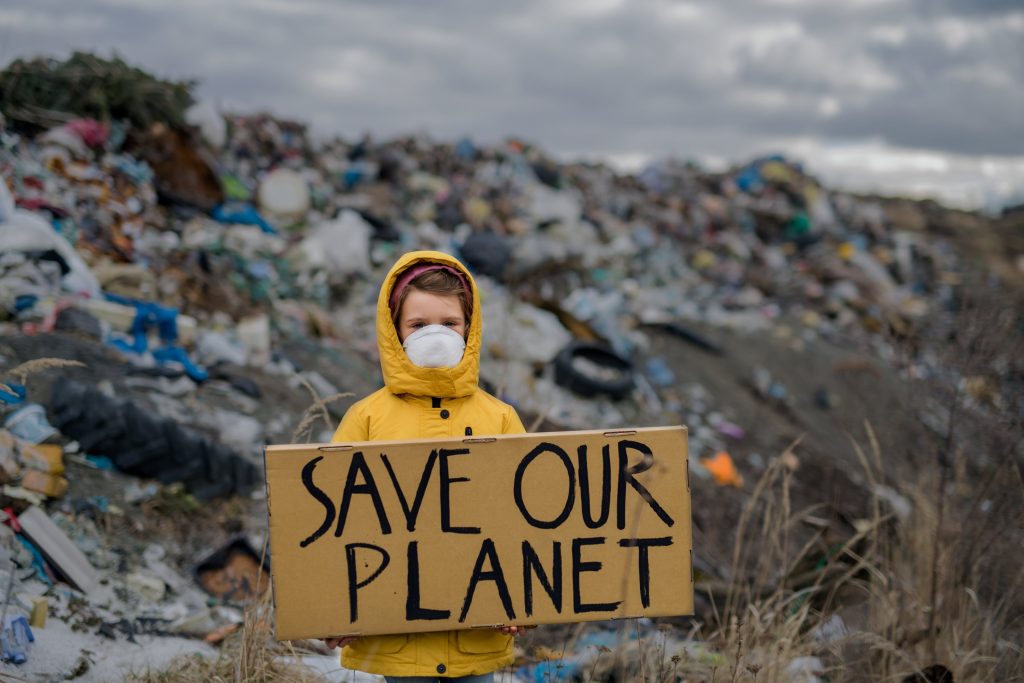The climate crisis is one of the most pressing issues facing humanity today, and it has dominated headlines around the world. As news outlets report on extreme weather events, rising sea levels, and the impact of climate change on biodiversity, it is crucial to turn this information into actionable environmental knowledge. This article explores how to interpret climate-related news, the importance of understanding scientific data, and the role of individuals and communities in addressing the climate crisis.
Understanding Climate Crisis News

1. The Role of Media in Climate Awareness
The media plays a pivotal role in shaping public perception of the climate crisis. inca berita reports can:
- Raise Awareness: By covering climate-related events and research, media outlets inform the public about the urgency of the situation.
- Educate: In-depth articles and documentaries can explain complex scientific concepts, making them accessible to a broader audience.
- Mobilize Action: Coverage of climate activism and policy changes can inspire individuals and communities to take action.
2. Types of Climate News
Climate news can take various forms, including:
- Scientific Reports: Articles that summarize findings from climate studies, often published in peer-reviewed journals.
- Extreme Weather Events: Reports on hurricanes, wildfires, floods, and other weather phenomena linked to climate change.
- Policy Developments: Updates on government actions, international agreements, and environmental regulations.
- Community Initiatives: Stories highlighting grassroots efforts and local solutions to combat climate change.
Turning Information into Environmental Knowledge
1. Critical Evaluation of Sources
Not all information in the news is created equal. To turn information into knowledge, it’s essential to critically evaluate sources:
- Check Credibility: Look for reputable news outlets and organizations that specialize in environmental reporting.
- Verify Facts: Cross-reference information with scientific studies or trusted databases to ensure accuracy.
- Understand Bias: Be aware of potential biases in reporting, as some outlets may have political or financial interests that influence their coverage.
2. Interpreting Scientific Data
Understanding scientific data is key to grasping the implications of climate news:
- Graphs and Statistics: Familiarize yourself with common data representations, such as graphs showing temperature changes or carbon dioxide levels.
- Longitudinal Studies: Pay attention to studies that track changes over time, as these provide context for current events.
- Peer-Reviewed Research: Seek out articles published in peer-reviewed journals, which undergo rigorous evaluation by experts in the field.
3. Connecting the Dots
To develop a comprehensive understanding of the climate crisis, it’s essential to connect various pieces of information:
- Interdisciplinary Approach: Recognize that climate change impacts multiple sectors, including health, economics, and social justice.
- Local vs. Global: Understand how global climate trends affect local environments and communities, making the issue more relatable.
- Historical Context: Consider the historical background of climate policies and events, which can shed light on current challenges and opportunities.
The Role of Individuals and Communities
1. Empowering Individuals
Turning information into environmental knowledge empowers individuals to make informed choices:
- Sustainable Practices: Knowledge of climate issues can lead to more sustainable lifestyle choices, such as reducing waste, conserving energy, and choosing eco-friendly products.
- Advocacy: Informed individuals can advocate for climate action at local, national, and global levels, pushing for policies that address the climate crisis.
- Education: Sharing knowledge with others can create a ripple effect, inspiring friends, family, and community members to engage in environmental issues.
2. Community Engagement
Communities play a vital role in addressing the climate crisis through collective action:
- Local Initiatives: Many communities have grassroots organizations focused on sustainability, conservation, and climate education. Participating in these initiatives can amplify your impact.
- Workshops and Events: Community workshops on topics like renewable energy, sustainable agriculture, and climate resilience can help spread knowledge and foster collaboration.
- Policy Advocacy: Engaging with local government and advocating for climate-friendly policies can lead to meaningful change in your community.
3. Global Collaboration
The climate crisis is a global issue that requires international cooperation:
- International Agreements: Understanding agreements like the Paris Accord can help individuals grasp the global commitment to reducing greenhouse gas emissions.
- Knowledge Sharing: Collaborating across borders to share best practices and innovative solutions can enhance global efforts to combat climate change.
- Support for Vulnerable Communities: Recognizing that climate change disproportionately affects vulnerable populations can motivate individuals to support initiatives aimed at helping these communities adapt.
Conclusion
The climate crisis is a complex and urgent issue that requires informed action. By turning information from the news into environmental knowledge, individuals and communities can better understand the challenges we face and the steps needed to address them.
Critical evaluation of sources, interpretation of scientific data, and connecting various aspects of climate news are essential skills for anyone looking to engage with this pressing issue. As we navigate the complexities of the climate crisis, collective action and informed decision-making will be crucial in turning awareness into meaningful change. Together, we can work towards a more sustainable future for our planet.
Read Also About In today’s digital world, media literacy is more important than ever. It refers to the ability to access, analyze, evaluate, and create media in various forms, including print, digital, and social media.


